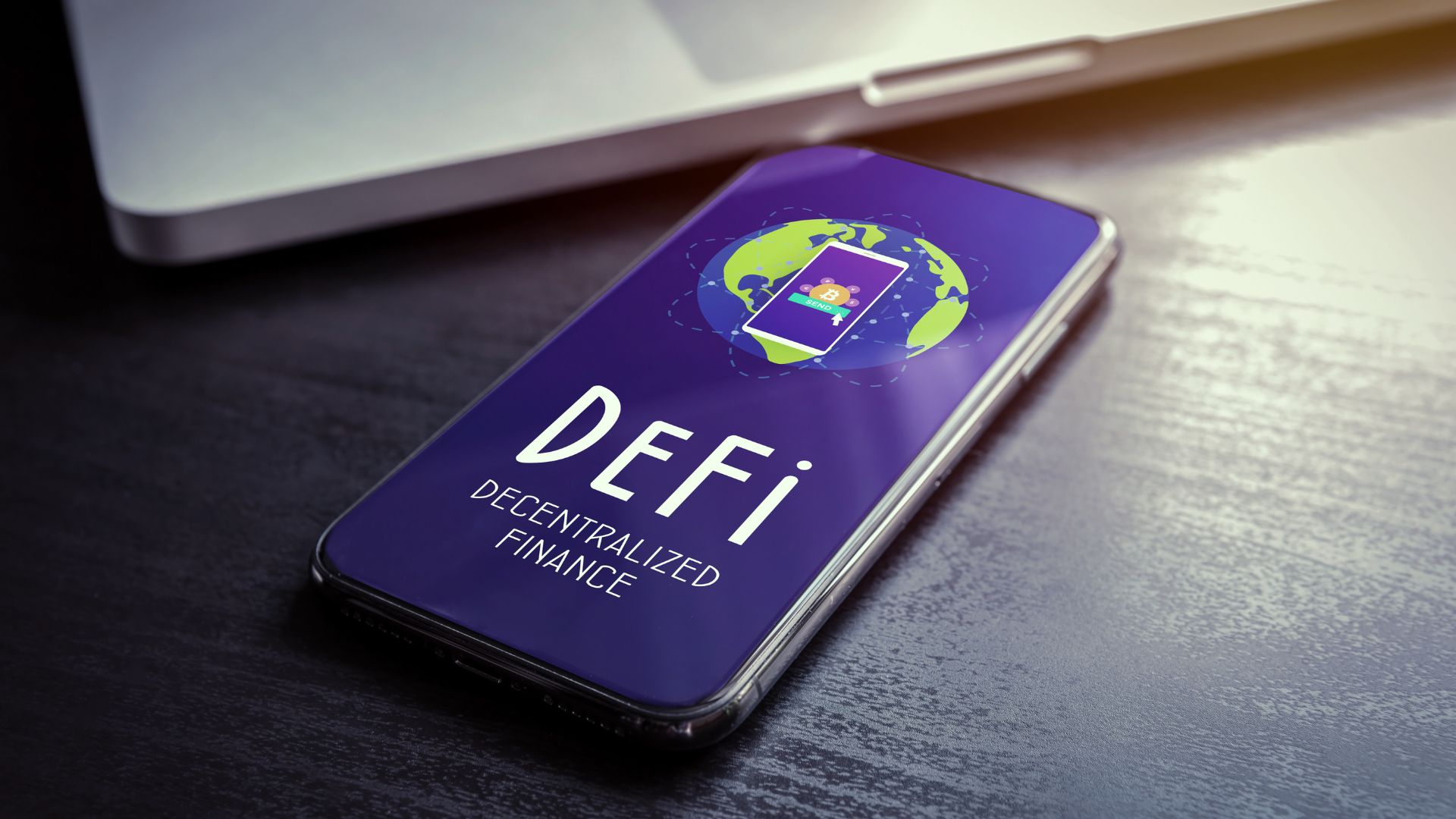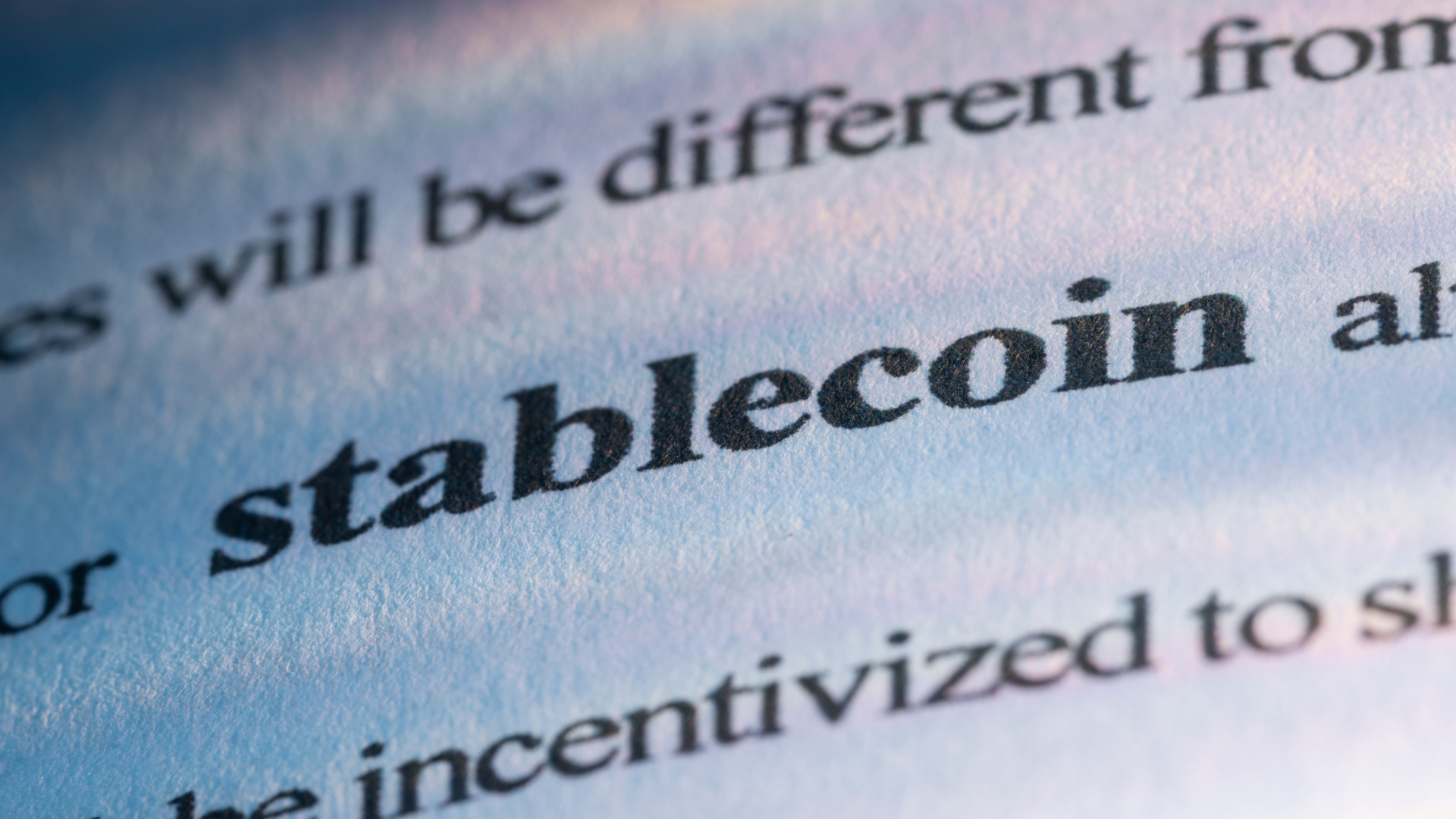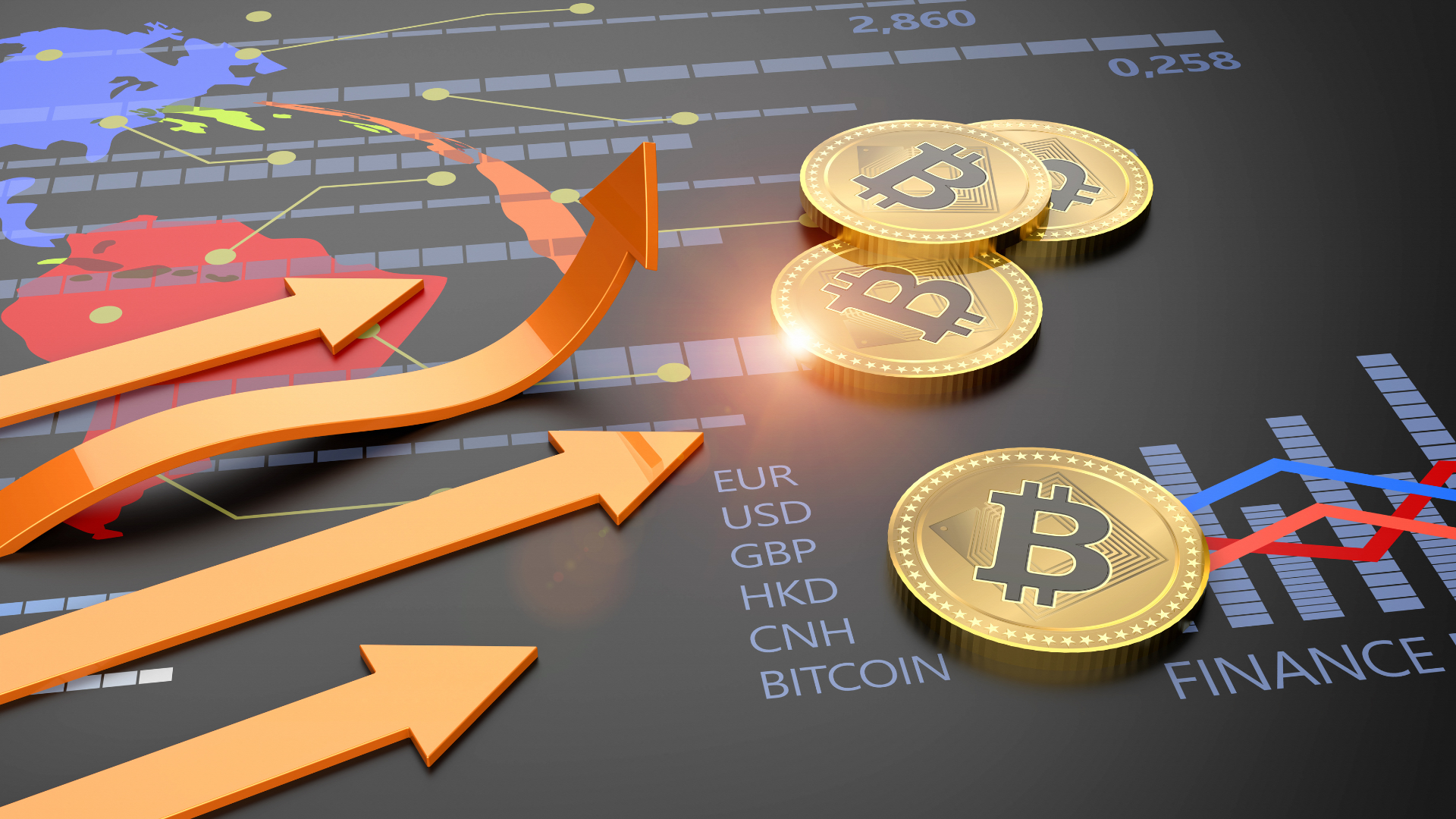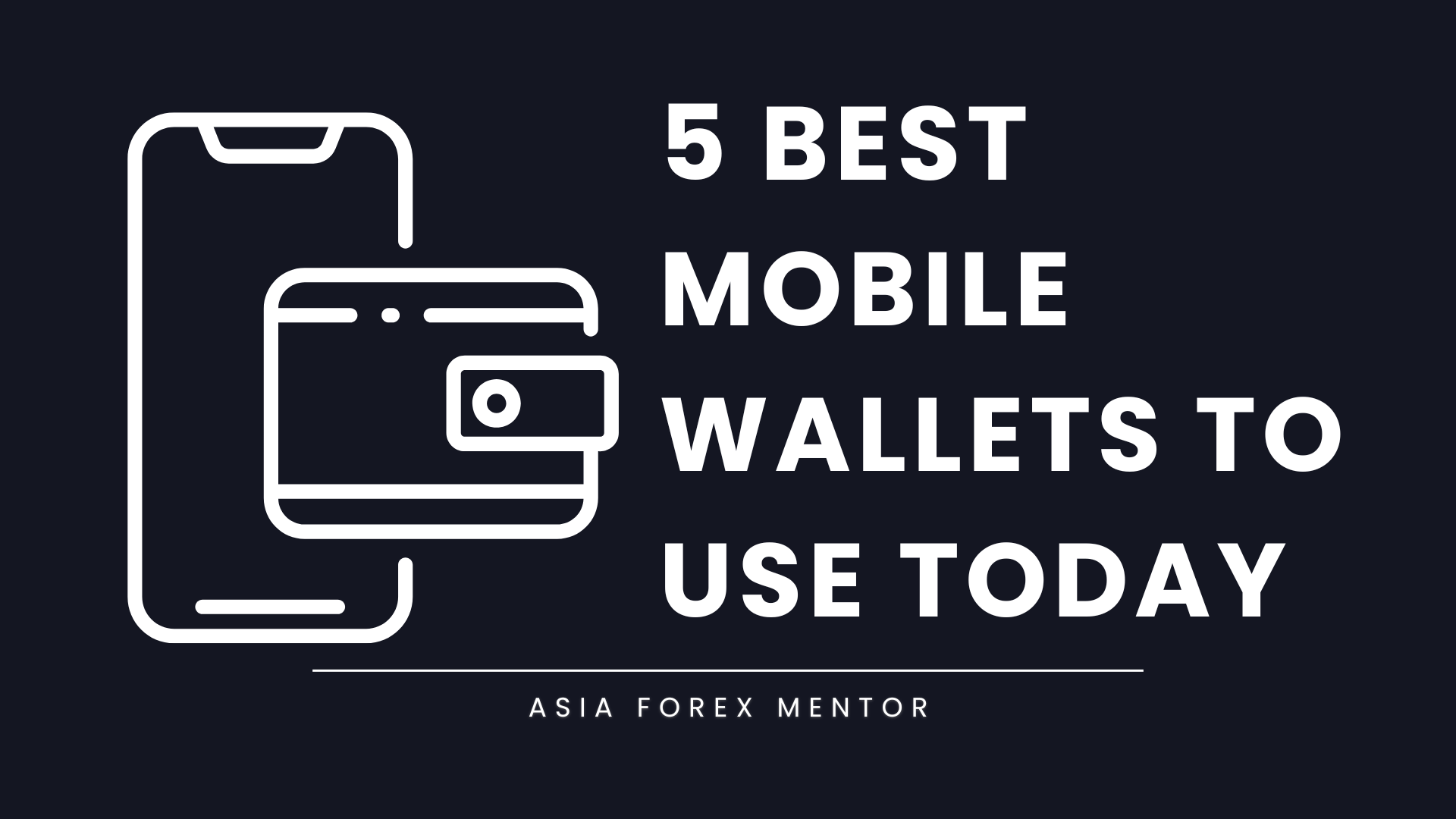In the rapidly evolving world of finance, a groundbreaking trend is taking center stage: Decentralized Finance (DeFi). This revolutionary concept is reshaping our understanding of financial transactions, moving away from traditional centralized financial institutions. DeFi stands as a beacon of innovation, leveraging the power of blockchain technology to democratize finance, making it more accessible and transparent.
The allure of DeFi lies in its ability to offer financial services directly to users through peer-to-peer networks. Gone are the days when accessing capital or financial services was tethered to brick-and-mortar institutions. With DeFi, anyone with an internet connection can dive into a world where digital assets are exchanged, and complex financial transactions are simplified. This shift represents not just a technological leap but also a cultural shift towards a more inclusive financial ecosystem.
Also Read: The Tokenization of Real-World Assets (RWAs)
DeFi vs. Centralized Finance
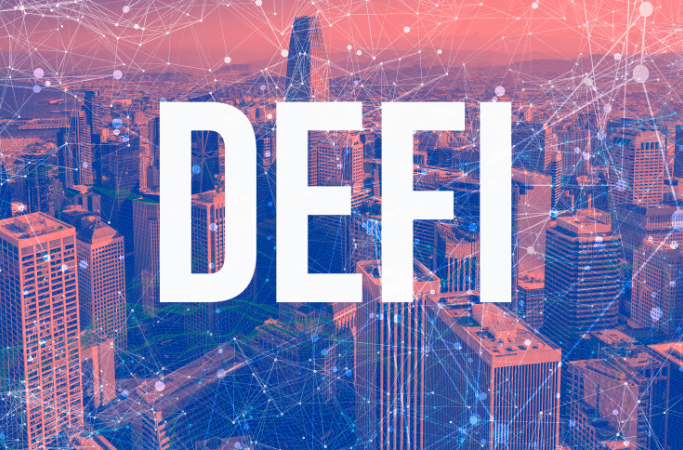
In finance, a stark contrast exists between the traditional centralized financial system and the emergent world of Decentralized Finance (DeFi). The former, upheld by institutions such as banks and centralized exchanges, operates under the watchful eyes of regulatory bodies like the Federal Reserve and the Securities and Exchange Commission. This conventional system, while familiar, hinges on the role of intermediaries to facilitate financial operations.
Conversely, DeFi carves out a new path, rooted in peer-to-peer interactions, sidestepping traditional intermediaries. This innovative approach not only offers complete control and privacy to its users but also disrupts the long-standing reliance on centralized entities. By empowering individuals to manage their own financial transactions directly, DeFi paves the way for a more autonomous and flexible financial landscape.
How DeFi Works
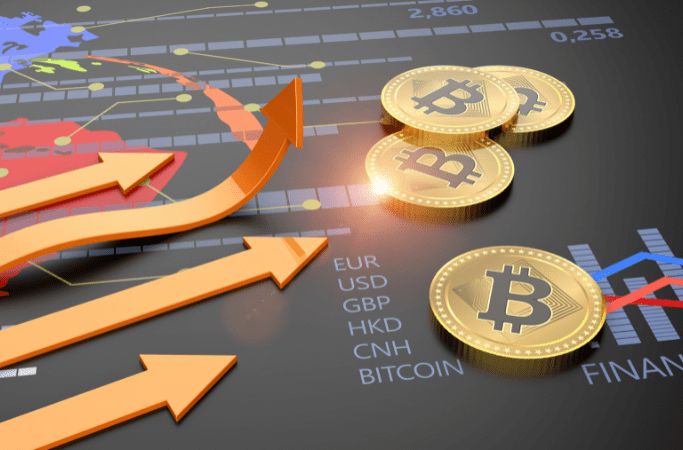
DeFi platforms have revolutionized the way users engage with financial services, offering unprecedented access to activities like borrowing, lending, and trading. At the core of this innovation lies the versatility of DeFi smart contracts, which automate these financial processes, thereby eliminating traditional intermediaries. This automation not only streamlines transactions but also opens up a broad spectrum of financial products to a global audience.
Central to the functioning of DeFi platforms are crypto assets, encompassing both cryptocurrency assets and digital assets locked within the DeFi ecosystem. These assets play a pivotal role in facilitating various operations within these platforms. Moreover, liquidity pools and lending protocols stand out as crucial components of the DeFi framework. They enable users not only to borrow funds with ease but also to earn interest on their digital assets, thereby enhancing the overall utility and appeal of DeFi services.
The Role of Decentralized Exchanges (DEXs)

Decentralized exchanges (DEXs) play a pivotal role in the DeFi landscape, offering a transformative way for users to exchange digital assets. These platforms operate without the need for a central authority, marking a significant departure from traditional, centralized exchanges. The key advantages of DEXs lie in their ability to provide enhanced privacy, greater autonomy, and a notably lower risk of asset seizure or censorship. This independence from centralized control not only empowers users but also fosters a more secure and private trading environment.
At the heart of these decentralized exchanges are smart contracts. These programmable contracts are the linchpins that manage the exchange process on DEXs, ensuring both fairness and transparency in transactions. By automating and enforcing the terms of trade, smart contracts eliminate the need for intermediaries, thereby streamlining the trading process and bolstering the trustworthiness of these platforms.
Advantages of DeFi
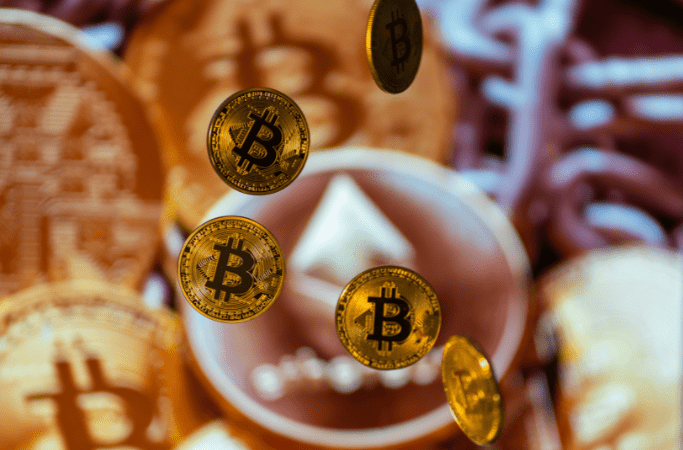
The decentralized nature of DeFi brings forth a multitude of benefits that are reshaping the financial landscape. Key among these is increased accessibility, making financial services available to a broader audience irrespective of geographic or economic barriers. Additionally, DeFi leads to reduced costs by eliminating traditional intermediaries, thus lowering transaction fees. The ethos of financial inclusivity and resistance to censorship further underscores DeFi’s appeal, offering a level playing field for all participants and safeguarding against external control or manipulation.
Central to ensuring the integrity and efficiency of DeFi is smart contract technology. This innovative technology underpins secure and transparent transactions, fostering trust among users. Beyond security, DeFi is a hotbed for financial innovation, introducing groundbreaking services like yield farming, liquidity mining, and flash loans. These novel concepts not only offer new avenues for earning and investment but also significantly enhance the dynamism and functionality of the financial sector.
Risks and Challenges
While DeFi presents numerous advantages, it is also accompanied by inherent risks, primarily due to its absence of regulation. This unregulated environment can often result in high volatility and various security issues, making the DeFi space a landscape of both opportunities and challenges. The high-risk factor is especially pronounced in the face of smart contract vulnerabilities and rapid price movements. These elements underscore the need for caution and due diligence among users engaging in DeFi transactions.
A crucial aspect for users to consider in the DeFi domain is the security of their private keys. These keys are the gatekeepers to their digital assets, and losing them equates to losing access to their funds. The importance of securely managing and safeguarding private keys cannot be overstated, as their loss can lead to irreversible financial damage. This requirement places a significant responsibility on individuals to maintain the security and confidentiality of their access credentials in the decentralized financial landscape.
The Future of DeFi
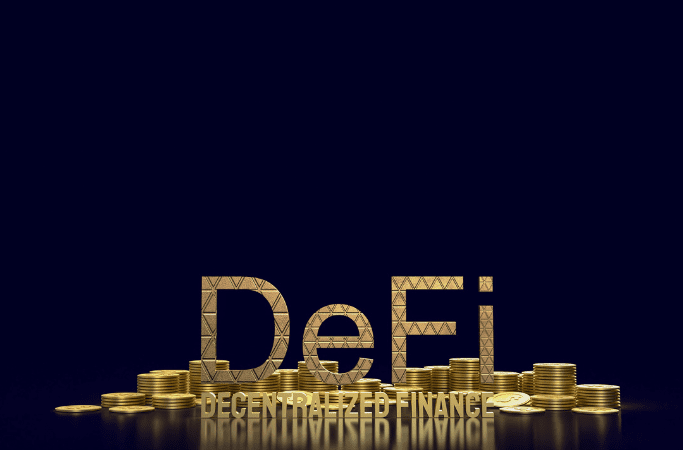
As the landscape of technology continuously advances, so too does the potential of DeFi (Decentralized Finance). This evolving domain is increasingly aligning with the global shift towards digital money and digital currency, positioning DeFi at the forefront of a financial revolution. The unique capabilities of DeFi, driven by blockchain technology, are set to redefine how financial services are accessed and utilized, breaking down traditional barriers and introducing a new era of financial interaction.
The prospect of integrating DeFi into traditional finance holds immense promise for the future of the financial sector. Such an amalgamation could herald the creation of a more inclusive and efficient financial system. This integration is anticipated to bridge the gap between conventional financial practices and innovative DeFi solutions, fostering a more holistic and accessible financial environment for individuals and institutions alike. This synergy could unlock unprecedented opportunities, benefiting a broader spectrum of the population and enhancing the overall functionality of financial systems worldwide.
Conclusion
In conclusion, Decentralized Finance (DeFi) is significantly reshaping the financial landscape, providing an innovative, democratic, and efficient alternative to conventional financial services. This paradigm shift in finance is not just a technological advancement; it’s a movement towards democratizing finance, making it more accessible and user-centric. DeFi’s unique approach to handling financial transactions and services is paving the way for a more inclusive financial ecosystem, challenging and potentially transforming the long-established norms of traditional finance.
As DeFi continues to evolve, its potential to create a more accessible and equitable financial world becomes increasingly apparent. This evolution promises a future where financial services are not just a privilege for a select few but a fundamental right accessible to everyone. The ongoing development and adoption of DeFi stand as a testament to the human endeavor of building a financial system that is not only efficient and robust but also fair and inclusive, benefiting a broader spectrum of society.
Also Read: CEFi or DEFi: Learn All About It
FAQs
What is Decentralized Finance (DeFi)?
Decentralized Finance, or DeFi, is a blockchain-based form of finance that does not rely on central financial intermediaries such as banks or brokers. Instead, it utilizes smart contracts on blockchains, primarily Ethereum, to provide financial services like borrowing, lending, and trading.
How do DeFi platforms differ from traditional banks?
DeFi platforms operate independently of traditional banking systems. They use blockchain technology to facilitate peer-to-peer financial transactions without the need for intermediaries. This contrasts with traditional banks that rely on a centralized system and operate under strict regulatory frameworks.
Are there risks involved with using DeFi services?
Yes, there are risks involved with using DeFi services. These include high volatility, potential for smart contract vulnerabilities, and security risks associated with managing private keys. Unlike traditional banks, DeFi platforms are not regulated, which adds an additional layer of risk.


